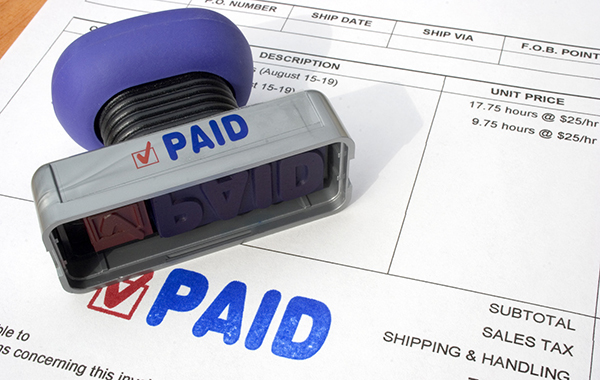By Noah Ciglen
Robins Appleby
As one of its final acts of 2017, the provincial legislature passed Bill 142, the Construction Lien Amendment Act, 2017. Bill 142, and the resulting amendments, represent a significant overhaul of the laws governing construction in Ontario. These amendments not only change the name of the act by dropping the word “Lien” from its title – the act is now known simply as the Construction Act – they represent an effort to modernize Ontario’s construction laws and ensure that contractors and subcontractors receive payment in an expeditious manner.

The changes made in Bill 142 are being rolled out in two separate phases: amendments in Phase 1, which represent modernization efforts, became effective on July 1, 2018, while the changes contained in Phase 2, which provide a new prompt payment regime and the introduction of a new interim adjudication process for payment disputes, will come into force on October 1, 2019.
Phase 1: Modernization
Phase 1 modernizes a number of provisions of the act and, amongst other things, expands definitions of key terms and concepts, revises the timelines for construction liens and the rules surrounding holdbacks and implements unique rules for contracts with public entities. Some highlights from the Phase 1 amendments include:
- Increasing the length of time required to preserve and perfect a lien. The preservation timeline has been increased to 60 days from the previous 45, while the perfection timeline has been increased from 45 to 90 days. Additionally, a contractor’s right to preserve a lien is now triggered by the termination of the contract in addition to the completion, abandonment and the publication of certificate of Substantial Performance.
- Legislating the form of a holdback to be either cash, a letter of credit, or a prescribed bond. No other form is permissible.
- Allowing owners to refuse to pay part of the holdback if, within 40 days of Substantial Performance, they publish a notice of non-payment and notify the contractor.
- Increasing the Substantial Performance threshold from 3 per cent of the first $500,000 and 2 per cent of the next $500,000 and 1 per cent of the remainder, to $1 million in each instance.
- Requiring contractors and subcontractors who are acting as trustees to keep all trust funds in a bank account under its name and to keep separate written records relating to each trust.
The changes implemented in Phase 1 apply to any contract (and subsequent subcontracts) entered into on or after July 1, 2018. A complete list of the changes included in Phase 1 can be found here.
Phase 2: Prompt Payment and Interim Adjudication
Phase 2 comes into force on October 1, 2019. These amendments, also known as the Prompt Payment provisions, will require an owner to make payment to its contractors within 28 days of receiving a “Proper Invoice.” If this amount is neither paid on time nor disputed by the owner, then interest will begin to accrue at a legislated rate. A contractor in turn must then pay its sub-trades within one week of receiving payment from the owner.
From an owner’s perspective, the clock for payment starts once they receive a Proper Invoice from the contractor, which, unless specified in the contract, must be delivered every month. For an invoice to be considered a Proper Invoice it must include:
- The contractor’s name and address;
- The date of the invoice and the period of time to which it applies;
- Information identifying the authority under which the services/materials were supplied, i.e. written contract, verbal agreement, etc.;
- A description of the services/materials that were supplied, the amount payable and the payment terms; and
- The name, title, telephone number and mailing address of the person to whom the payment is to be sent.
The legislation also allows parties to include additional requirements for a Proper Invoice. However, prior certification by a payment certifier is not allowed. If an owner wishes to dispute the amount invoiced, a decision must be made and notice must be provided within a mere 14 days of receiving a Proper Invoice. If only part of the invoice is disputed, an owner is still required to make partial payment of the non-disputed amount within 28 days.
While the act does not provide a timeline for the resolution of these disputes, it does allow, and suggests, that these disputes be referred to the new interim adjudication process (also being introduced as part of Phase 2). This new dispute resolution process is intended to provide a more expeditious, and hopefully cheaper, alternative to the courts for interim payment-related disputes. If referred to a qualified adjudicator, parties can expect to receive a determination within 30 days of providing all documents, which ideally will allow the project to proceed with minimal delay.
Takeaways
With the Phase 1 amendments now in place, and with the Phase 2 amendments on the horizon, now is a good time for industry participants to review their standard form agreements and practices to ensure continued compliance with the legislation.

Noah Ciglen is an associate at Robins Appleby LLP. https://www.robinsappleby.com/











